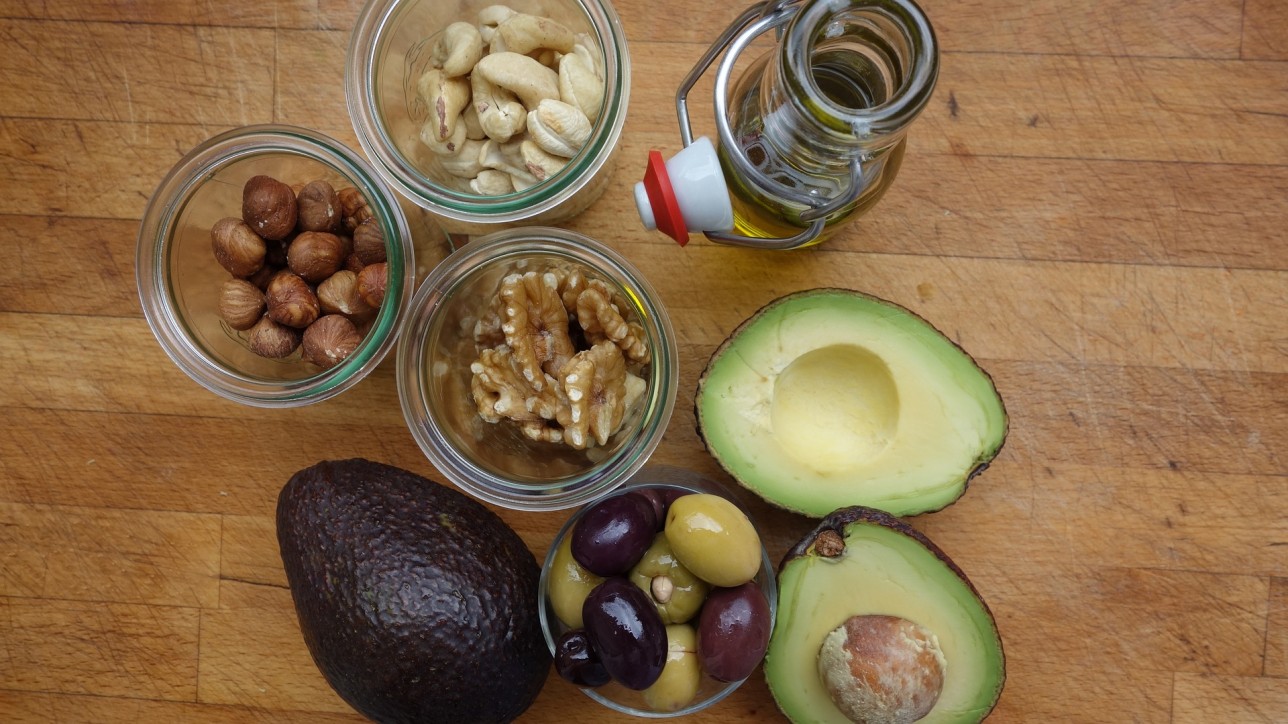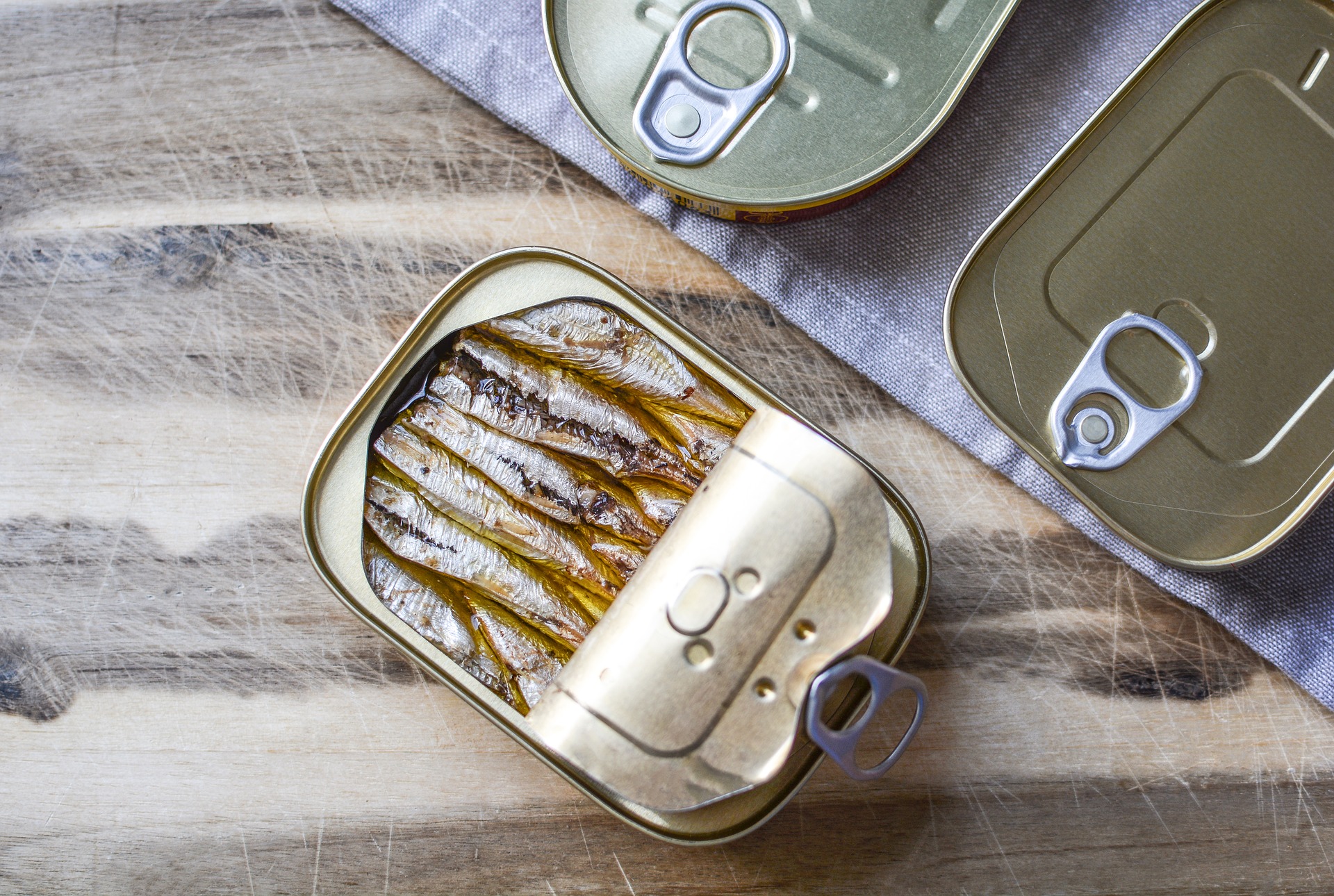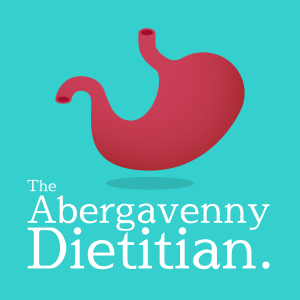Eating for optimal heart health is a vast topic – we could talk about total calories, fruit and veg, sodium, potassium, and any number of different “heart-healthy”” diet plans. So, for this article, I thought I would concentrate on one issue that seems to have caused a lot of confusion lately – fat!
A misunderstood nutrient
What do you think of when you hear the word “fat”? Does it have negative or positive associations?
Fat is essential for life – it is part of every cell in our body. Many of our hormones and neurotransmitters are made of fat, and without it, we would not be able to absorb the fat-soluble vitamins A, D, E, and K.
So how did fat become a dirty word? It is undoubtedly a very high-calorie food – one gram of fat has nine kcals, compared to around 4kcals a gram for both carbohydrates and proteins. So, we can quickly overeat and put on weight. It has also become associated with a range of health problems such as heart attack and stroke.
Two types of fat
More recently, people have begun to have an understanding that all fats are not alike and to talk about “good fats and bad fats”. However, it is not quite as simple as that.
All foods which contain fat contain a mix of the different types – so foods are classified by which type they have MOST of. There are two main categories – saturated fats and unsaturated fats.
Saturated fats tend to be solid at room temperature and include butter, lard, ghee, coconut oil, cheese, cream, and the fat you can see on your meat. Products that have these fats, such as cakes, pastries, and biscuits, are also sources of saturates.
Unsaturated fats are usually liquid at room temperatures, such as olive oil and rapeseed oil. Nuts, seeds, avocados, and oily fish are also rich sources of unsaturated fats.
Maintaining a diet high in saturated fat is linked with raised levels of non-HDL (bad) cholesterol. This kind of diet is connected to an heightened risk of heart and circulatory disease. That’s why official recommendations talk about how important it is to reduce saturated fat in our diets.
We know that replacing saturated fats with unsaturated fats like oily fish, nuts, or vegetable oils like rapeseed or sunflower oil, can help to lower cholesterol and so reduce the risk of heart attack and stroke.
Other kinds of fat
Omega-3 fats are a particular type of polyunsaturated fat. Omega-3’s have been associated with a considerable number of benefits, including heart and eye health, improved mental function in both adults and children, and possible benefits in several autoimmune and inflammatory conditions. Oily fish is the most abundant source, but vegetarian sources include nuts, seeds, flaxseed, and rapeseed oils. They are also commonly taken in capsule form as a supplement.
Trans fats are naturally present at low levels in some dairy foods and meats but are also found in processed & hardened vegetable oils. They can be found in ”partially hydrogenated vegetable fats/oil”. However, many manufacturers now avoid using hydrogenated fats or have reduced the number of trans fats in their products to negligible levels.
Should I eat more saturated or unsaturated fat?
Current guidelines are that we should get no more than 30% of our daily kcals from fat and no more than 10% from saturated fat. But what does this look like in practice? Who knows from looking at their plate what percentage of the calories on it come from saturated fat? Not me – and I’veI’ve been a Dietitian for over 12 years!
The simplest thing is to make a few adjustments. So: swap lard or coconut oil for olive or rapeseed oil (remember to take care with portion size – it still has 9kcals per gram!) Swap chocolate or biscuits for unsalted nuts or snack-packs of seeds. Try avocado on toast instead of cheese sometimes; cut the hard fat off meat, or even better, swap some of your weekly meat for oily fish such as salmon or mackerel.
What about the latest reports which say that fat is good for us?
There have been stories in the media lately that there is no evidence that fat is bad for your circulation or heart. This idea has led to headlines such as “Butter is Back” and sadly resulted in a lot of confusion and a lack of confidence in public health guidelines.
There were many problems with the methodology of the research this was based on, as it mixed up lots of different studies, all measuring slightly different things.
Indeed, nutrition research is rarely black and white but here are a few pointers to help you:
A little bit of butter now and then is okay. However, for everyday eating, replacing butter with a spread made from unsaturated vegetable oils (olive, sunflower or rapeseed) helps reduce the saturated fat in your diet, benefiting your cholesterol levels and therefore your risk of heart disease.
Margarine and low-fat spreads used to contain artificially produced trans fats, but in recent years most UK manufacturers have removed artificially produced trans fats from their products. Be sure to check the food label: if it lists partially hydrogenated oil in the ingredients, then it contains some trans fat).
Likewise, there’s a controversy over coconut oil, which is often thought to be a healthy alternative. Coconut oil has one of the highest percentages of saturated fats – 86%, compared with butter at just 54%! If you like the taste, it’s fine to have sometimes in small amounts. However, be careful not to overdo it and use unsaturated oils as an everyday choice instead.
What about processed foods? All packaged foods have to provide nutrition information on the label, and this will include the amount of total fat and saturated fat in each 100g of the food. Some are colour-coded, which is handy – try to mostly choose foods coloured “green” for fats, with smaller amounts of those coloured “amber” and only occasionally eat those coded “red.” If they are not using the colour system, then a “low-fat” food is one with 3g of fat or less per 100g (i.e., 3% fat or lower) and a diet low in saturated fat is one which has 1.5g or less per 100g of food (i.e., that food is 1.5% saturated fat or less).
Summary: Moderation is key
Fats are a vital part of a healthy, balanced diet. However, the amount and the type you eat can affect your health. In general, we should be eating only small portions; also aiming to cut down on saturated fats in from fatty meats, cheese, solid cooking fats, biscuits, etc. and replace these with unsaturated fats from olives, avocados, nuts, seeds, oily fish and cooking oils such as olive and rapeseed oils. Reading food labels will help you to make healthier choices.
The British Heart Foundation Website has some great information to support you. If you’re trying to lose weight, check out my article on diet myths to avoid. Or, if you would like some personalized advice, please get in touch!
________________________________________________________________________________
Disclaimer: All content found on this website, including images, videos, infographics, and text were created solely for informational purposes. This content should never be used for diagnosis or treatment of any medical conditions. Content shared on my website is not meant to be used as a substitute for advice from a regulated medical professional. Reliance on the information provided on my website as a basis for patient treatment is solely at your own risk. I urge readers to consult a doctor or regulated medical professional before implementing any of the advice found on these blogs.



